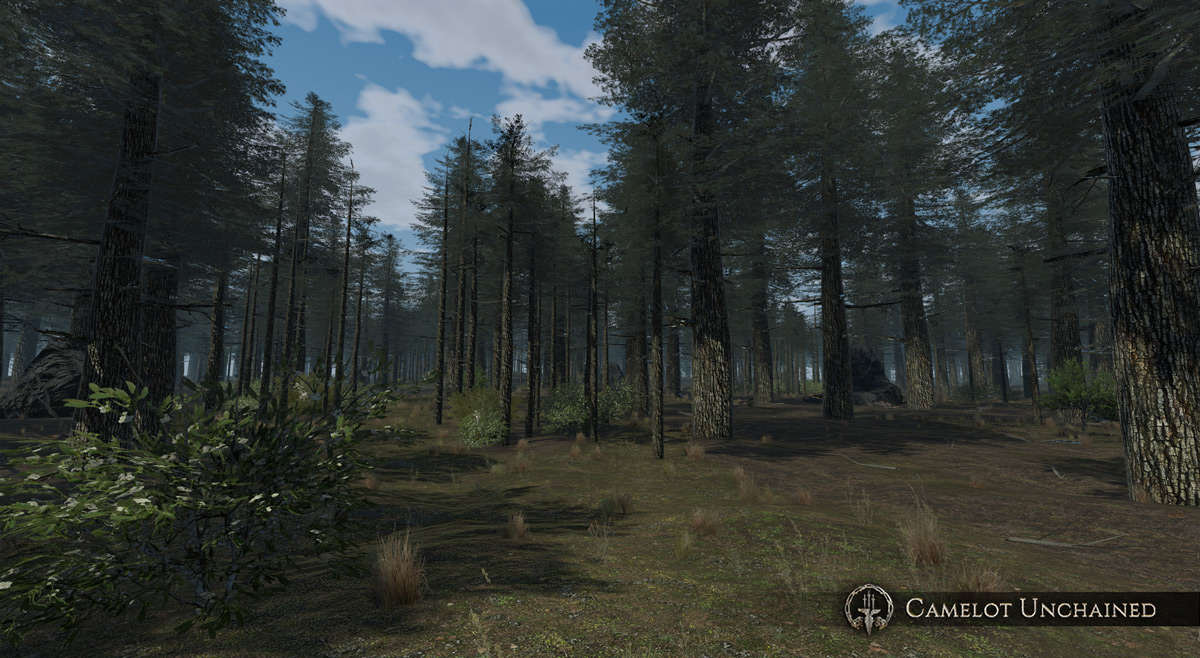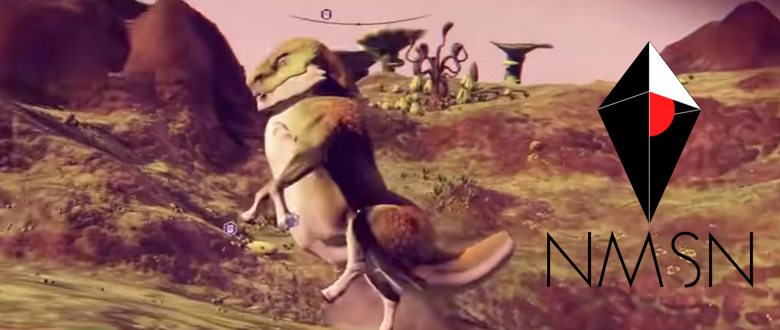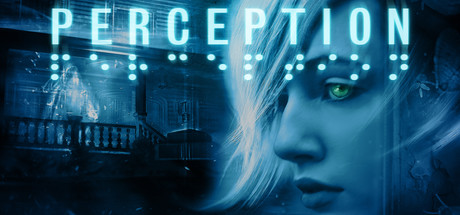Jenesee speaks with Bill and Amanda Gardner, Founders of The Deep End Games, on their award-winning project, Perception. Blind protagonist Cassie uses her unique senses to explore her haunted past in a psychological thriller or horror. We talk about senses, disabilities and underestimated heroes. Episode HERE

Podcast Episode #125. Dr. Luke Dicken (Chair of the IGDA Foundation)
Dr. Luke Dicken of the IGDA Foundation talks AI in this special clip from the Good Shepherd One Gamer Fund event. Listen HERE.

Are you the creator in a procedurally generated world?
Have you ever felt like a video game explorer, first in the world to claim your territory and name your parcel of the unknown? You might just be on the money. Let’s explore the idea that in a procedurally generated world, you are part of the creation process and it all exists for, and because of, you. Who doesn’t love that?

This article could have been titled, “procedural generation in video games, quantum mechanics and how they relate to a cat that just wants to be left alone in his box”, but that would have been too long so let’s make it about you instead. Are you one of the cool kids lately who have been playing games like No Man’s Sky or even Camelot Unchained? While playing, and pushing the boundaries of the environment with your character, you are witnessing procedural generation. After all, you didn’t fall off the edge of the flat world, despite what NBA star Kyrie Irving would have you believe.
Procedural generation is a fancy word for something…well, something complex. Simply put procedural generation is a method of creating data algorithmically as opposed to manually when you need large amounts of content, have programmers with actual lives and players that need smaller file sizes to make their computers go. It also has the unconsidered advantage of making the player a part of the process of world creation in a unique way. If you want to get more into the science of it, check out the nerds over at Gamasutra. NERDS!
Anyway, one of the cool things about this is the idea that the world literally does not exist until you see it for the first time. As the player, you are the impetus that causes the edge of the world, the universe, the planet, or just the field, to push out a little further. The causality is that the universe expands to give you more things to do. If you were not in that forest the and a tree fell…. well it wouldn’t have even fallen if you didn’t incite the program to make it. Feel important yet?

Maybe not as important as you think. Here’s where Schrödinger’s cat comes in and sheds all over the damn place. In this well-known paradox, a cat may be simultaneously both alive and dead as a result of being linked to a random subatomic event that may or may not occur because particles are indecisive teenagers who get themselves into various states, more on that later *. Incidentally this is called quantum superposition, use it to impress your friends. It applies here because the worlds/fields/universes have a bit of a head-start before they are generated. Some very much more so like Eve and Planetside who are procedural, but pre-generated worlds. Meaning that the entire world was already generated once and stored in a database.
No Man’s Sky and Camelot Unchained are still an algorithm but generated as needed. For NMS, the creatures that exist are formed from randomly assembled parts (within parameters) drawn from descriptor pools containing various models and textures tagged for their appropriate assembly area. These pools and assets obviously exist long before they are called for on the server but the combinations are triggered by the proximity of the player. Minecraft also uses this for terrain creation which is random, but guided by Perlin noise calculations that are consistent with the environment you are in.
So, people, in these games things aren’t real until you get to the point where your character is ready to see them. If you never saw them, would they still exist? No and …yes. While it’s tempting to imagine that video games allow us to play God on this micro level, it’s still up for debate where you draw the line at “exist”. Personally, I’m intrigued by the idea that my entrepreneurial spirit makes the world expand to fit my imagination, so I’m going with that. What do you think?
-Jenesee
*Bonus: Now to really throw you for a loop, some scientists believe that photons can choose their preferred state ( a wave or a particle) in the NOW based on their experiences in the FUTURE. The future caused the past. Hello Games, this is all the proof you need that I was meant to have that red striped Diplodocus because my future self-demands it 😉 Ok, maybe that’s too big a loop.
